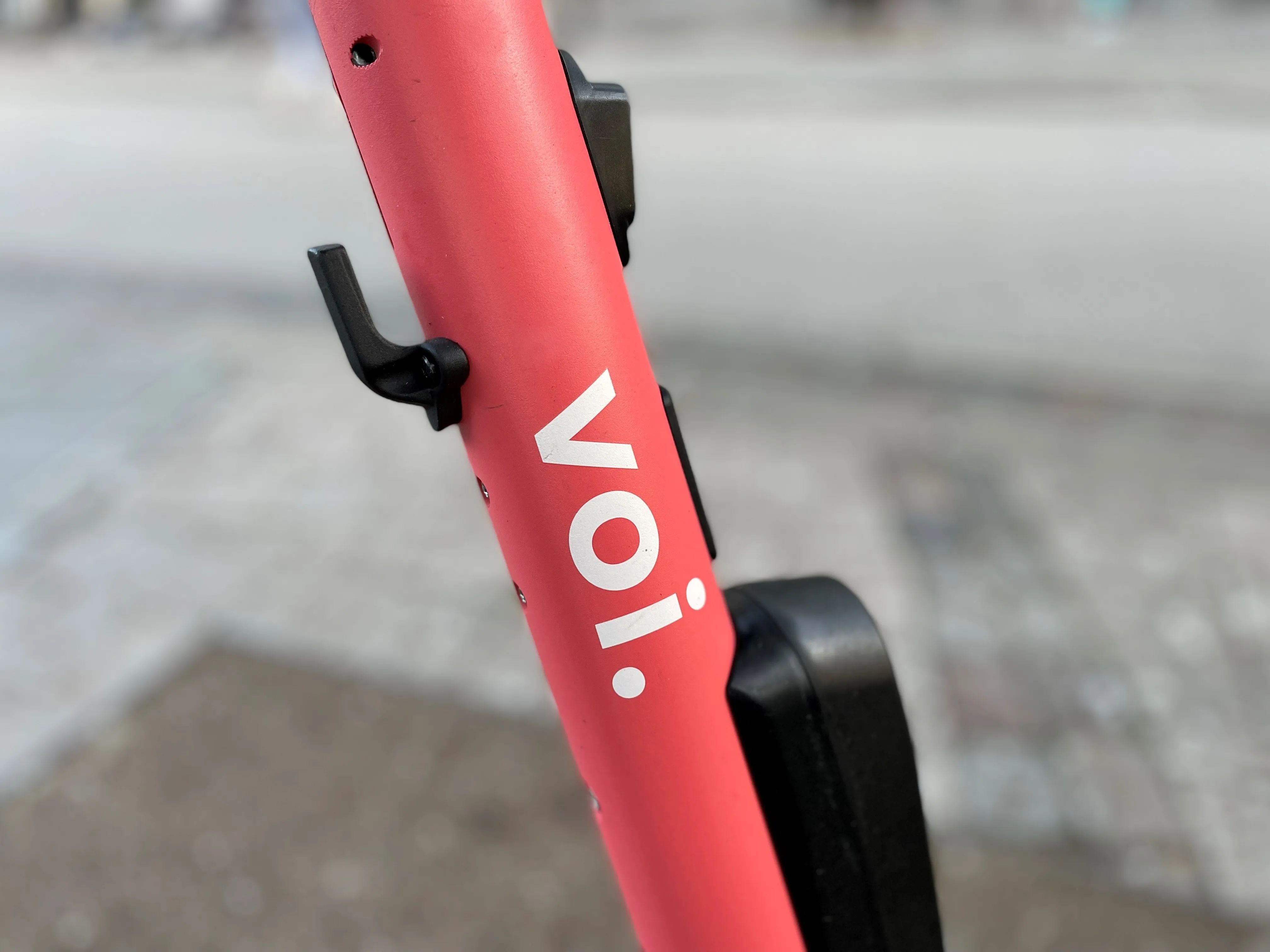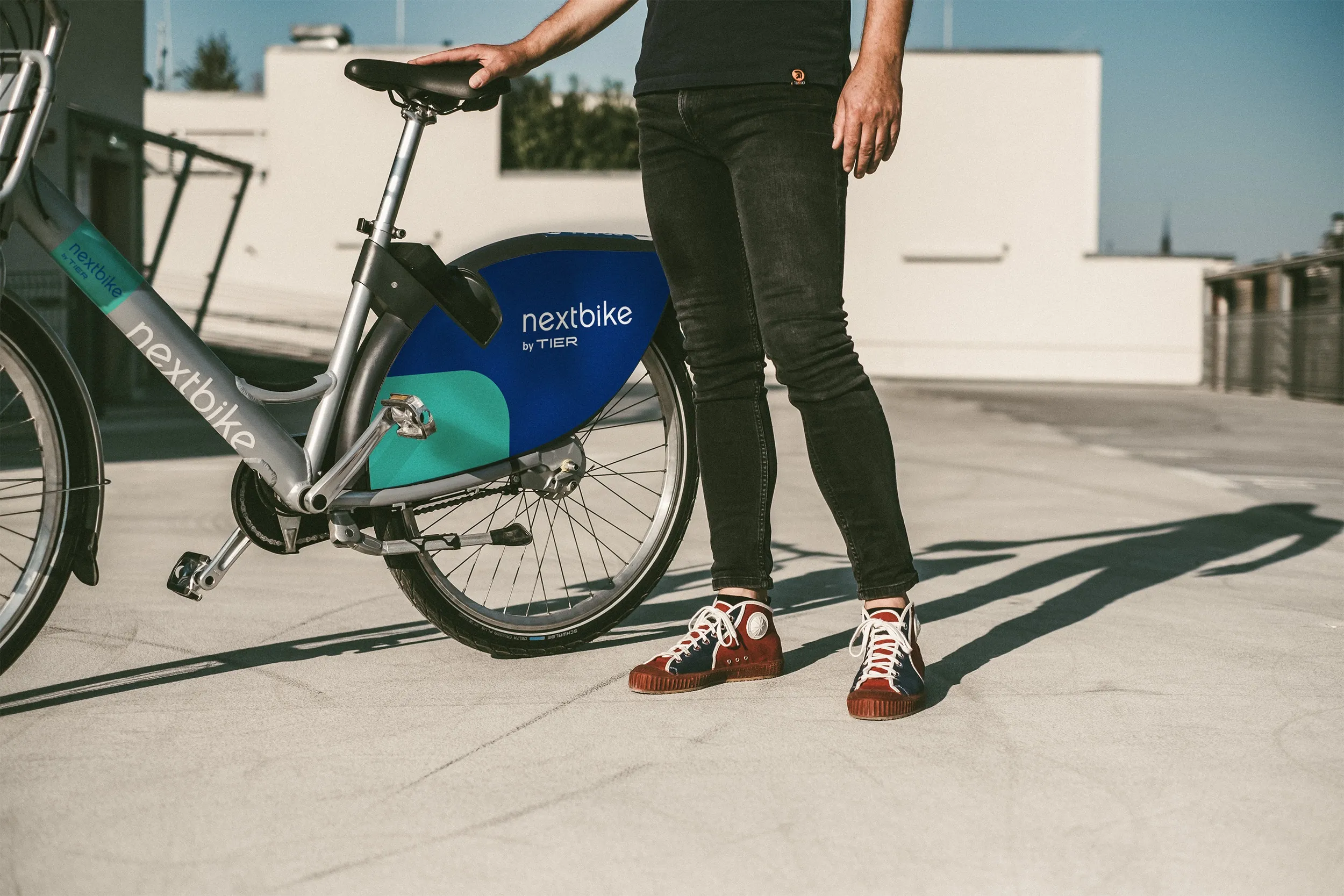
Micromobility specialists Voi Technology and Tier Mobility have been appointed to a key European group which aims to help promote multimodal transport.
The companies have been chosen by the European Commission's Directorate General for Mobility and Transport to be expert members of the Multimodal Passenger Mobility Forum (MPMF).
The MPMF has 100 members taken from research, industry and politics - including MaaS Alliance and Polis - whose task is to strengthen the legal framework to facilitate the deployment and operational use of multimodal transport across the EU.
It assists the Commission in the preparation of policy initiatives in sustainable multimodal mobility, exchanging knowledge and cooperation across member states - and in overcoming barriers such as poor-quality passenger information and booking issues.
Voi says it collaborates with over 45 transport partners including Deutsche Bahn, BVG, SNCF, FreeNow and Google Maps and points to its "ready-to-use APIs" which help open up its fleet to third-party operators.
The company says it offers its infrastructure to over 10 public transport partners and integrates its fleet in public-owned mobility hubs, such as Jelbi Hubs in Berlin, and its e-scooters in Hamburg’s suburban areas with Hochbahn.
"To date, we see opaque conditions that hinder the full potential of combined trips between public transit and micromobility," says Jasmin Rimmele, senior manager public growth & MaaS strategy at Voi.
"As we continue to intensify fair collaboration between all public and private partners, we could easily unlock the full potential and increase intermodality."
For its part, Tier - which has just launched 2,000 e-scooters in Brussels, points to 40 partnerships with local public transport authorities in Europe, such as BVG in Berlin, RATP in Paris, the SBB in Switzerland and Free Now.
"We strongly believe in the potential of MaaS and we want to be actively part of the conversation shaping the future of mobility with the aim to further reduce urban car reliance and create a more seamlessly connected and sustainable urban mobility network," says Pauline Aymonier, head of public policy smart & sustainable city .
"Already 44% of our users occasionally combine travel with our vehicles with other forms of transport. We have no doubt that setting up the right policy framework will have an important role in supporting the scaling and uptake of MaaS, by removing certain barriers to operations and encouraging citizens to use MaaS."









